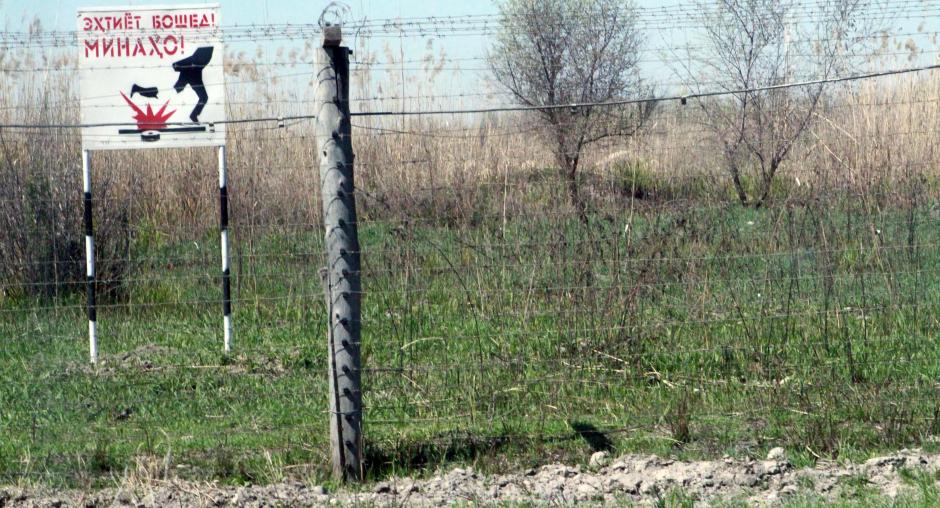OSCE in Tajikistan holds discussion on explosive hazards reduction and response

DUSHANBE, 30 August 2013 – An OSCE-supported programme to facilitate exchange of experiences and co-operation on explosive hazards reduction and response concluded in Dushanbe today.
The four-day programme is hosted by Tajikistan Mine Action Centre, with the support of the OSCE Office in Tajikistan and in partnership with the ITF Enhancing Human Security and Tajik Defence Ministry.
Some 40 experts and practitioners from Afghanistan, Kyrgyz Republic, Kazakhstan, Lebanon, Tajikistan, Turkmenistan and Slovenia discussed how explosive ordnance and humanitarian de-mining aspects could be integrated into peacekeeping operations.
“The discussion at the regional level held in Tajikistan is in the spirit of the existing OSCE confidence and security building measures,” said Ambassador Markus Mueller, the Head of the OSCE Office in Tajikistan. “Effective practical co-operation on the explosive hazards reduction and response requires close interaction between all the stakeholders across the region, and can serve as a catalyst to improve the situation on the ground.”
Muzzafar Ashurov, the Head of Constitutional Warranties and Civil Rights Department and Executive Board of the President of Tajikistan said: “A joint dialogue on this important issue will help us to enhance relations between relevant agencies and contribute to regional security and stability.”
Major General Bakhtiyor Ruzmonshoev, the Deputy Head of General Staff of the Armed Forces of the Tajik Defence Ministry of Tajikistan said: “The existing plan to integrate national humanitarian de-mining personnel and expertise into peacekeeping operations provides a good opportunity for Tajikistan to actively contribute to the building and preservation of global peace and stability.”
Since 2009, the OSCE has been supporting the development of expert-level co-operative mechanisms among states in Central Asia and Afghanistan to address concerns and challenges stemming from explosive hazards.
